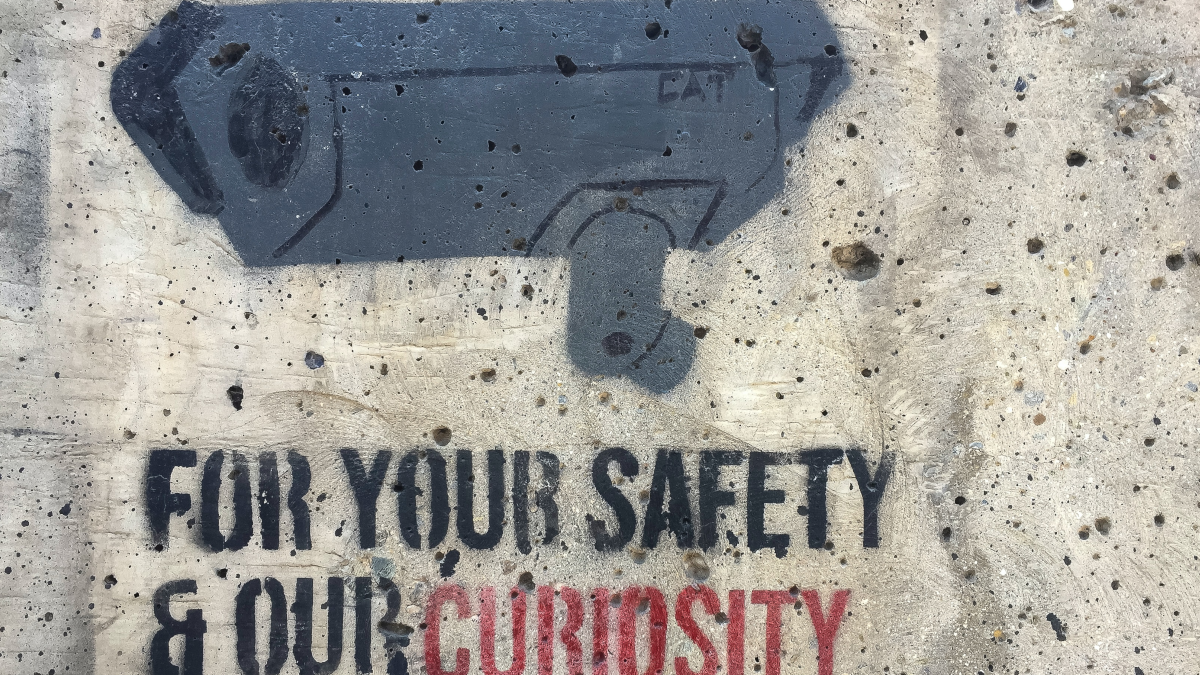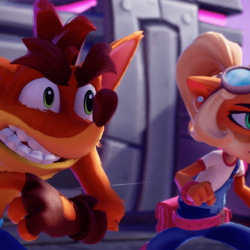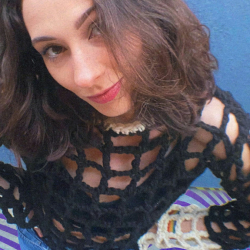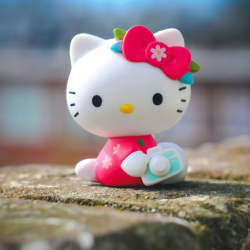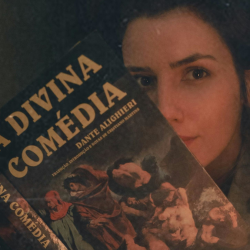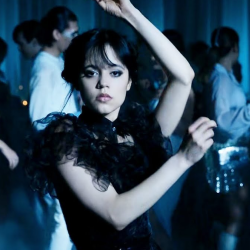With Big Brother returning to our screens this month (8 October) after five years away and still landing 2.5 million viewers at its new ITV home, it’s clear we’re still drawn to reality shows to give the thumbs or down on the contestants. Of course, reality shows are nothing new. And even in antiquity, audiences wanted to participate rather than simply watch reality entertainment unfold — in Ancient Rome, the fate of gladiators was often decided by the spectators.
The first TV reality show similarly had the audience acting as the jury, but instead of gladiators being judged, it was women living in hardship. US show Queen for a Day saw competitors divulge their struggles and beg for various urgently needed items, like a wheelchair for a disabled son or a phone call to a deployed husband. The winner was decided using an applause metre — the more pity the audience had, the louder the applause. It ran from 1945 to 1964 and showed just how regular folks love to control (for better or worse) the life of others.
Unsurprisingly, there are parallels with the creative industry when it comes to persuading the public to vote with its feet, and more than that, creatives have often looked to reality shows for inspiration, whether for the brilliant ‘Drama Versus Reality’ ads for ITV, fashion label Collina Strada’s ad spoofing The Hills, or Body Shop’s Self Love Street kicking back against the perfect bodies of Love Island, and of course, sponsorship ads for a host of reality shows.
Furthermore, the power audiences have has grown over recent decades
Back in 2000, Big Brother let viewers across the country dictate who stayed and who got the boot, with even politicians envying the voting figures. Fast-forward to the 2010s, and shows like Love Island harnessed Twitter and Instagram hashtags for real-time reactions to make the watching experience more immersive. The unintended result however was disgusting levels of online abuse, to the extent this summer’s contestants were banned from having social media accounts while on the show to shield themselves and their families from trolls.
The inherent format of these programmes means contestants lose agency and their actions often edited for the sake of an interesting storyline, leaving participants at the mercy of public opinion.
But the reality camera has now panned from willing contestants to regular people
TikTok in particular has changed the social landscape in almost unimaginable ways — who knew the name ‘Karen’ would become synonymous with obnoxious, entitled and sometimes racist white women screaming at skateboarding kids or restaurant workers? The viewers of “Karen freakout” videos (736.9M views on TikTok and rising) often become vigilantes, doxing them (finding and posting information about them like names, address, and place of work), enacting ‘justice’ by contacting their places of work or families and turning these women into public hate figures.
This trend raises relevant questions — in a society where racism can go uncontested, is public shaming justified? Is there ever an argument for doxing? On social media where anything can go viral, is posting regular citizens without their consent ever ethical?
But it’s increasingly a slippery and unsettling slope where any disagreement or dubious behaviour is filmed and posted. People are increasingly uploading uncensored videos of other people, often strangers, without their consent — putting them up for public judgement and risking their wrath.
Couch guy, the crying Times Square person and the woman who was handed flowers are just some cases where people went insanely viral without their permission. Besides an unhealthy desire for views, the people posting these videos often bear no ill-intent. Nonetheless, the stars of such videos find their entire selves mocked by millions of people, they’re relentlessly trolled and often have their reputation trashed — and they don’t even get a cash prize for participating.
Most people going about their everyday lives have a reasonable expectation of privacy and are therefore blissfully unaware their weird quirks or unsavoury moments might be filmed and posted for the world’s entertainment. However, as these viral clips become more and more common, there’s an increasing danger of being shoved into the spotlight and invoking the ire of the online masses.
It’s a damaging cultural trend
So as well as taking inspiration from reality TV or creating the latest sponsored ads for the shows, perhaps the creative industry could put its might behind fighting the increasing normalisation of social shaming as the new gladiatorial reality entertainment. Society doesn’t need a return to the brutal amphitheatres of the Roman Empire. It’s why the new Big Brother’s OOH campaign is so powerful, eerie and anxiety-inducing. Because now, Big Brother’s all-seeing eye isn’t just watching reality TV stars. Big Brother has become any judgmental click chaser with a mobile phone — and they’re watching all of us.
Featured image: Etienne Girardet / Unsplash

















